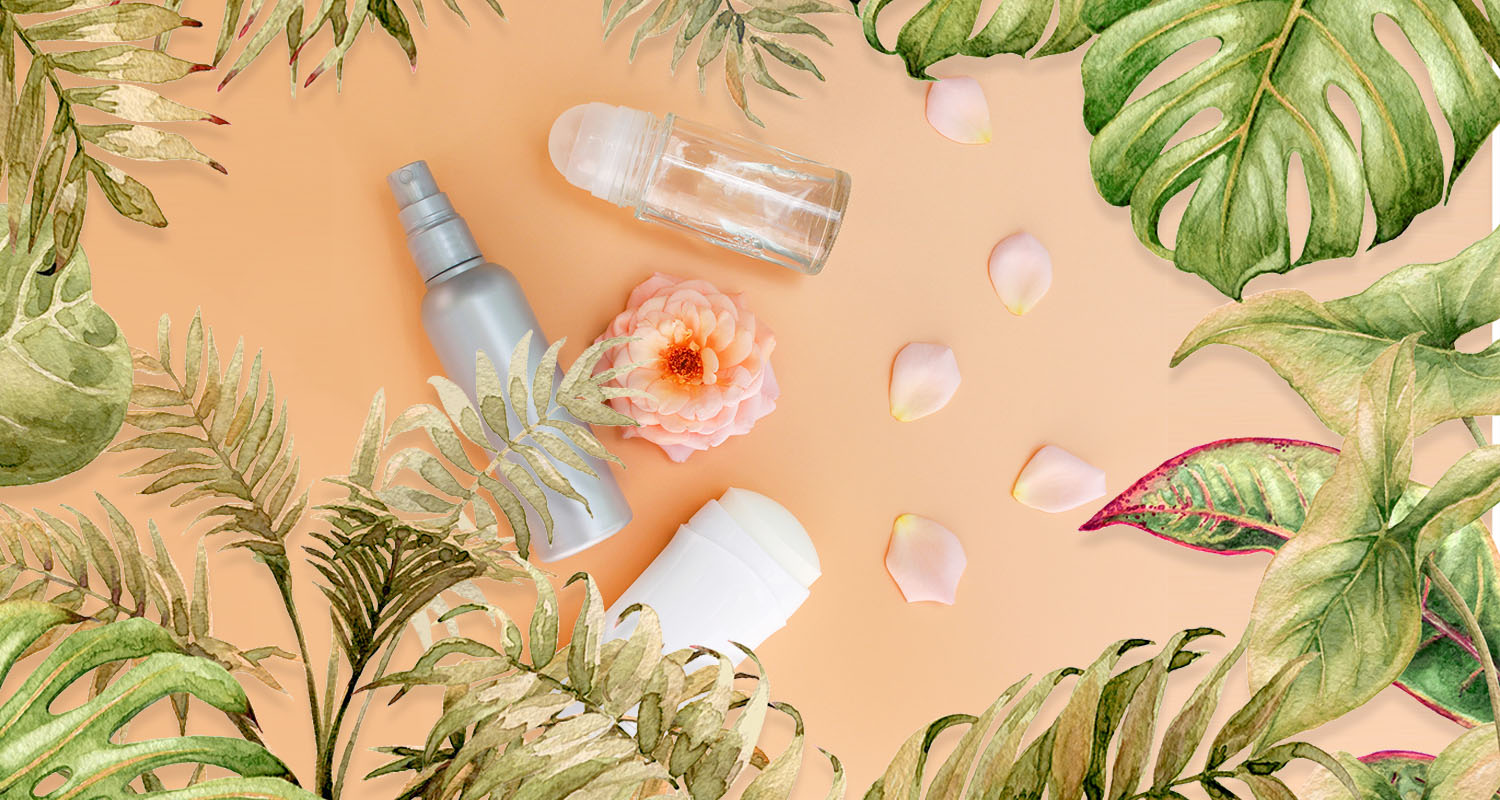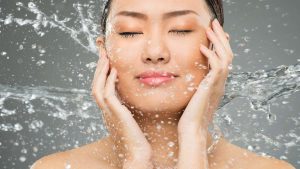Natural Deodorant is noting but a strong chance that you’ll discover full shelves of it in the grocery store, along with natural versions of many other personal care, home, and beauty items. They frequently cost more than their more traditional counterparts. The inference is that the so-called “unnatural” products, which have been in use for decades, are fundamentally less safe and pure than the natural alternatives. Yet, are natural deodorants actually healthier for you than Speed Stick? Here is what authorities and empirical data suggest.
The Distinction Between Conventional and Natural Deodorants
It’s important to note that deodorants and antiperspirants are two distinct product categories within the deodorant category before comparing natural and conventional deodorants. According to a 2020 article in Annales de Dermatology et de Venereology, aluminum salts are the active element in antiperspirants, which are designed to stop perspiration.
Sponsered4
Contrarily, deodorants don’t actually stop perspiration. Instead, they try to cover up perspiration odor with fragrance and an active antibacterial component to slow down the spread of bacteria that causes odors. According to a report in the International Journal of Dermatology, triclosan, which has been proved in studies to be a synthetic antibacterial agent, is frequently the active component in conventional deodorants.
On the other hand, natural deodorants frequently use plant extracts and essential oils, which not only serve as a fragrance but also have certain antibacterial qualities. Natural deodorants often don’t contain aluminum, although some do. But even such distinctions are hazy. In addition to its several aluminum-free deodorant options, Tom’s of Maine, a company recognized for providing natural products, sells a few antiperspirant products that do include aluminum. Although the word “natural” doesn’t appear on the antiperspirant’s packaging, the fact that it’s being marketed by a business that promotes its use of natural chemicals may cause confusion among customers. Moreover, the U.S.
Are Conventional Deodorants and Antiperspirants Harmful?
Sponsered4
“The noise around conventional deodorants dates back to the early 1990s, with an email chain letter that circulated claiming deodorants block sweating and toxin purging, and could swell lymph nodes and cause cancer,” says Jeffrey Fromowitz, MD, board-certified dermatologist and the medical director of Dermatology of Boca in Boca Raton, Florida. These hazards haven’t been demonstrated as of yet.
The email chain was referred to as a hoax in a 2004 article in Nature Medicine, which also mentioned a study that found no link between deodorant use and breast cancer after analyzing data from 1,600 women and publishing in the Journal of the National Cancer Institute in 2002. The Nature Medicine article also questioned the reliability of two studies, one from 2004 published in the Journal of Applied Toxicology that demonstrated parabens (preservatives used in cosmetic products, including deodorants, that mimic estrogen) were present in breast tumors, and the other from 2003 published in the European Journal of Cancer Prevention that linked frequent underarm shaving and antiperspirant use to breast cancer.
According to Dr. Fromowitz, concerns were regarding aluminum exposure and Alzheimer’s. But as illness knowledge has developed, specialists have discarded this notion. In other words, he claims that it is safe to use traditional deodorants and antiperspirants.
Sponsered4
The FDA states that traditional deodorants and antiperspirants are completely safe for human usage on a daily basis. If you’re still hesitant about using conventional antiperspirants, you can find solace in the knowledge that, due to the nature of their operation, these products are categorized by the FDA as both drugs and cosmetics, and as a result, are subject to more stringent regulations than conventional and natural deodorants, which are only categorized as cosmetics.
Natural deodorants don’t appear to have any detrimental effects on health as of now either. However they might contain substances to which some people are allergic or sensitive, just as traditional deodorants. Deodorant chemicals that add aroma are most frequently to blame for dermatitis, a common skin irritant that typically manifests as a rash or a patch of dry, itchy skin. Fromowitz advises consulting a dermatologist if you notice irritation or other skin issues under your arms after using deodorant or antiperspirant.
What to Look for in a Natural Deodorant
Sponsered4
Some people prefer to use natural deodorants and antiperspirants created without artificial components, despite the fact that the research does not support this claim. Those who have tried a lot of conventional antiperspirants and deodorants and discovered that their skin is sensitive to them may find that natural deodorants are a wonderful option. Yet, it’s crucial to keep in mind that aluminum-free natural deodorants merely cover up the smell of perspiration, not stop it.
Jenelle Kim, a San Diego-based doctor of Chinese medicine and the CEO of JBK Wellness Laboratories, advises reviewing the contents list when looking for a natural deodorant rather than just relying on front-of-label statements like “natural” or “clean beauty.” Instead of just stating phrases like “natural fragrance” without being precise about what components that scent is derived from, she believes that manufacturers should be open about what’s in their products. Also, Fromowitz advises paying close attention to the essential oils and other smells present in the items you select because these are most likely to irritate your skin. Beyond that, there isn’t enough research or general agreement to conclude that one ingredient in natural deodorant is superior to another. If you wish to use natural deodorant, experiment with a handful with various ingredients to see which, if any, suits you the best.
Sponsered4




